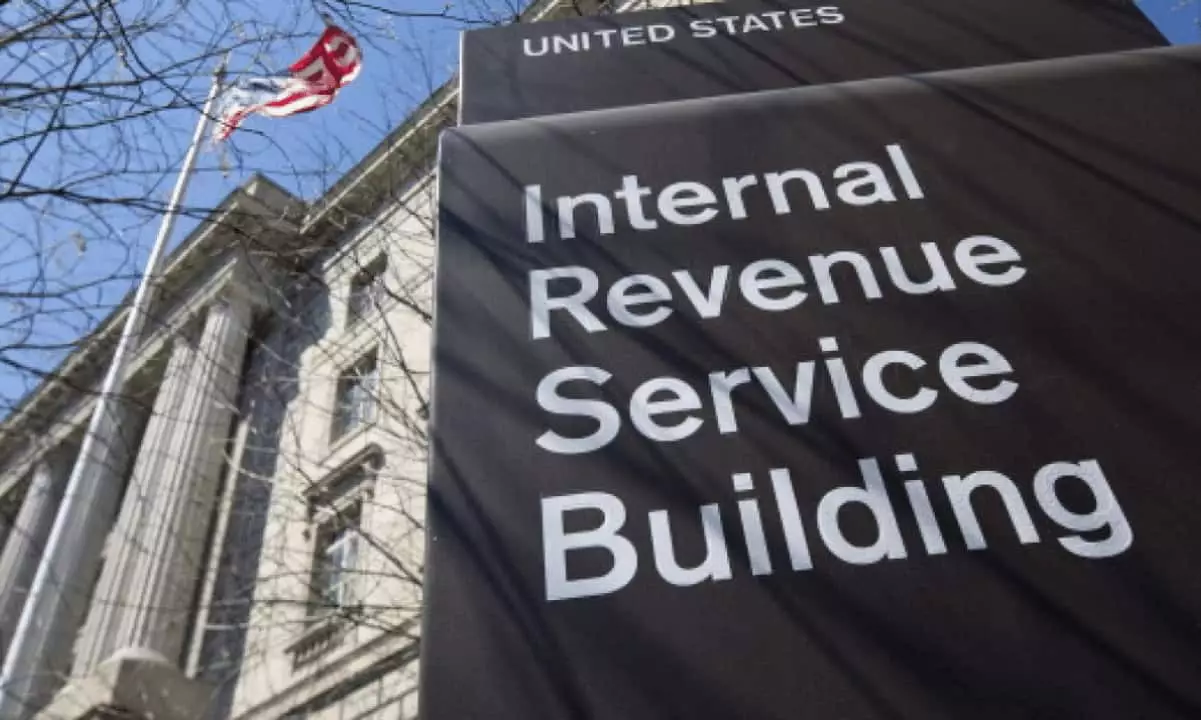The world of cryptocurrency is characterized by rapid changes, transcending conventional finance protocols. As regulatory bodies like the Internal Revenue Service (IRS) attempt to adapt to this evolving landscape, new challenges and complexities arise—especially for holders using centralized finance (CeFi) brokers. To address specific tax implications emerging from the upcoming Section 6045 custodial broker regulations set to kick in on January 1, 2025, the IRS has rolled out a temporary relief measure that significantly alters the tax compliance landscape for crypto investors.
The Challenge: Understanding Section 6045 Regulations
Under the proposed Section 6045 regulations, CeFi brokers are mandated to report cryptocurrency transactions and apply stringent accounting practices when it comes to asset sales. This means that without a chosen accounting method—such as Highest In, First Out (HIFO) or Specific Identification (Spec ID)—taxpayers will automatically have their transactions reported using the First In, First Out (FIFO) method. This default setting, while ostensibly simple, can lead to inflated tax liabilities, especially during bullish market conditions when the oldest acquired assets, often purchased at a lower cost, are considered sold first. This poses significant repercussions for investors who mayfind themselves subjected to a higher capital gains tax than necessary.
Shehan Chandrasekera, an expert in cryptocurrency taxation, shed light on the IRS’s Notice 2025-7, which formally acknowledges these complications and aims to provide temporary relief for crypto investors engaging in transactions via CeFi platforms in 2025. This relief allows taxpayers to bypass the automatic FIFO method, provided they keep detailed records or utilize reliable crypto tax software to specify which specific assets they are selling. This flexibility is crucial; without such provisions, many investors might inadvertently incur higher tax bills through the use of default methods. Notably, this temporary relief is automatically applied, eliminating the need for immediate action from taxpayers during the first year of regulation.
While the temporary relief extends through 2025, the requirements will become more stringent starting January 1, 2026. By that date, investors will need to proactively choose and communicate their preferred accounting methods to their CeFi brokers to ensure adherence to tax compliance. It’s expected that by then, the majority of brokers will have adapted to accommodate a range of accounting options beyond FIFO, thus empowering users in their tax filing processes.
Chandrasekera emphasizes the importance of meticulous record-keeping and urges taxpayers to align their chosen accounting methods with the capabilities of their broker and tax software. A lack of proper records could inadvertently lead to defaults to FIFO, raising the risks associated with costly tax implications. As the regulatory landscape is subject to rapid changes, tax preparers must remain vigilant and proactive in their planning.
The IRS’s recent initiatives come within a timeframe that has seen legislation evolve to incorporate decentralized finance (DeFi) into its definitions of brokers. The implications of the Infrastructure Investment and Jobs Act have ignited debates and controversy within the crypto community, with many stakeholders, including prominent groups like A16z Crypto and the DeFi Education Fund, challenging the broadened definitions as overly encompassing and inconsistent with procedural laws. This tussle underscores the complexity of governing a sector as fluid as cryptocurrency, where traditional regulatory frameworks often clash with innovative financial mechanisms.
As cryptocurrencies continue to gain traction and mainstream acceptance, navigating the tax implications remains a daunting task for many investors. The IRS’s temporary relief measures may alleviate some immediate concerns associated with the upcoming regulations; however, long-term compliance will necessitate diligent record-keeping and a proactive approach to tax accounting. As the regulatory environment continues to evolve, all parties involved must stay informed and prepared to adapt to new guidelines, ensuring that they are well-positioned in this dynamic financial landscape.

